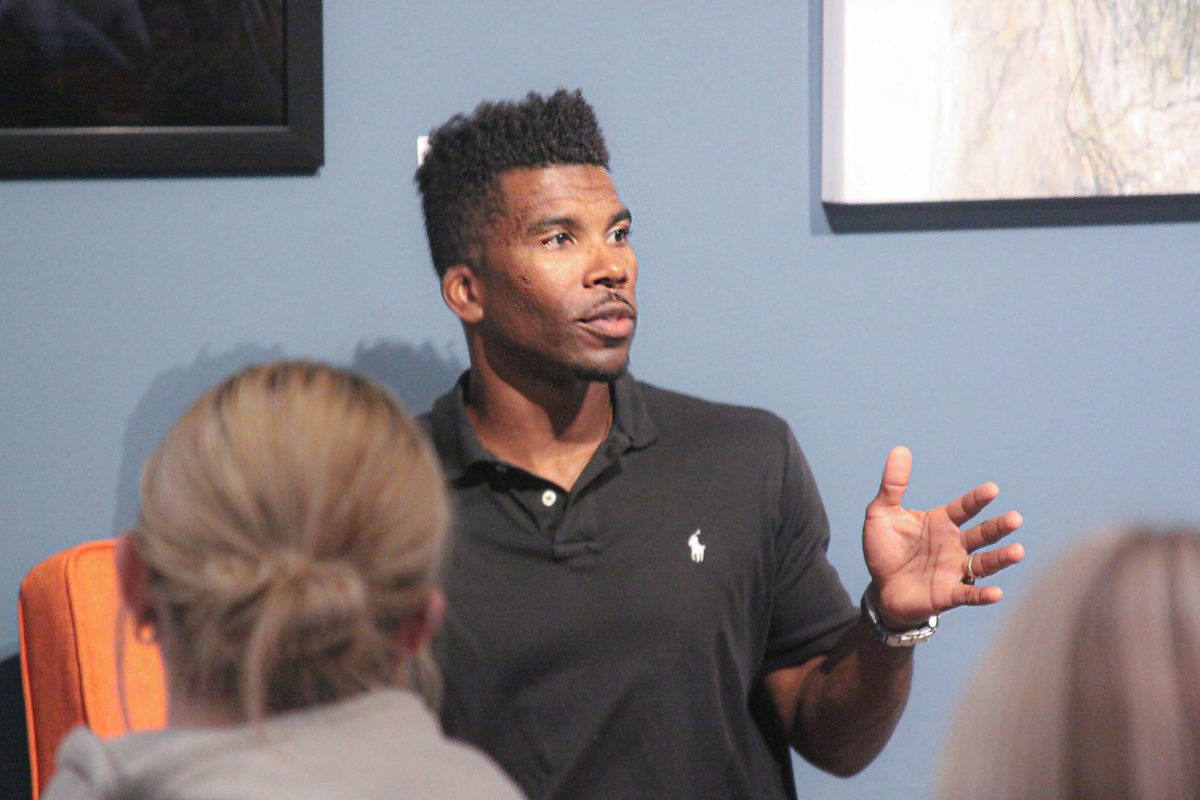Changes may bring student life decline – Interterm Part 2
Decrease in interterms to align with standards – Interterm Part 3
Reduction in interterm requirements considered
Faculty Senate debates interterm requirements
EDITORS NOTE: This is the first installment in a three-part series, which discusses the questions surrounding proposed interterm changes.<em>EDITORS NOTE: This is the first installment in a three-part series, which discusses the questions surrounding proposed interterm changes.</em> EDITORS NOTE: This is the first installment in a three-part series, which discusses the questions surrounding proposed interterm changes.
At the Nov. 1 Baker University Faculty Senate meeting, Jacob Bucher, Educational Programs and Curriculum committee chairman, discussed three separate motions regarding interterm.
One of the motions was to reduce the number of required interterms from three to one.
If the motion passes at the Dec. 6 faculty senate meeting, transfer students and freshmen would be required to take a required interterm within the first 12 months of attending Baker.
“I think interterm is one of our strengths at Baker … I would hate to lose that particular feature that is unique,” University President Pat Long said. “The proposals I have seen do a combination of a lot of things.”
If approved by the faculty senate and ultimately the Baker University Board of Trustees, the decrease from three interterms to one could mean financial changes for the university, too.
The logistics of any financial changes due to the reduction of interterms would only be discussed after the approval of the motion.
“As of right now, we’ve raised the issue, but they’re not going to think of it unless it’s approved,” Bucher said. “If they say it is a good model, they’ll say, ‘how do we deal with this?’ “
Long said after the discussion stage is over and if the change is approved, a finance model would help to determine exactly how the university would be affected financially and what would be the best way to keep costs low for students as well as for the university during interterm.
“I don’t want to make this something that becomes harder on our students financially, and we don’t want to do something that’s going to hurt the finances of the institution,” Long said.
Chief Operating Officer Susan Lindahl said there would be no impact on Baker’s regular budget or on the salaries of faculty and staff.
“Typically (interterm) is a separate contract,” Lindahl said. “It wouldn’t affect basic employment.”
While an approval of the motion would start the discussion of financial implications, there is no data or evidence as to what the reduction would mean to the university’s finances.







